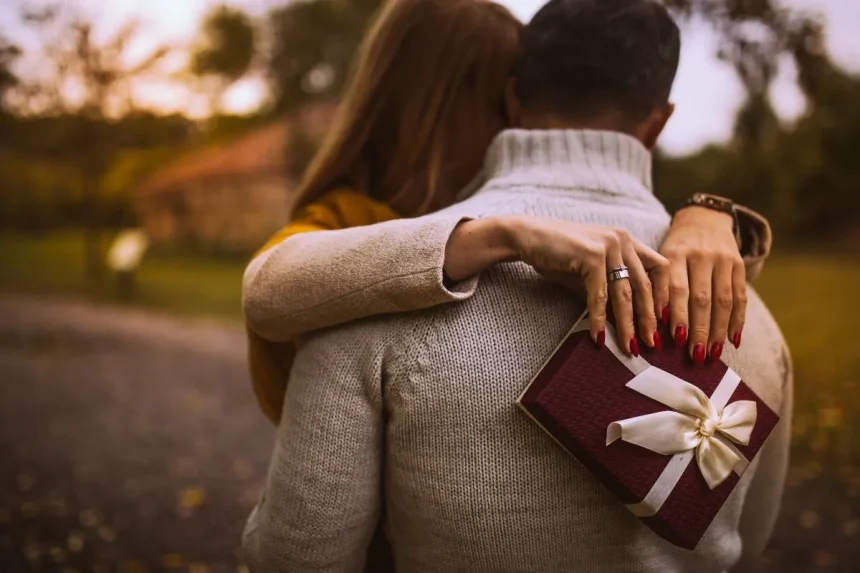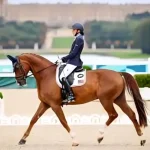Introduction
Love knows no boundaries, but what happens when those boundaries are defined by factions, rivalries, or opposing sides? “Factional Love: Hearts Divided, Souls Entwined” explores the compelling and often heartbreaking nature of love that blooms amidst conflict. Whether set in the midst of political turmoil, warring families, or opposing ideologies, factional love challenges the very essence of loyalty, trust, and the human heart.
This article delves into the dynamics of factional love, examining how hearts divided by factions can still find solace in one another. It also explores the emotional and psychological toll such relationships can take on individuals, as well as the profound impact they can have on their respective worlds.
The Essence of Factional Love
Factional love is more than a romance; it’s a battle of the heart where loyalty and desire collide. At its core, factional love is a narrative of two souls entwined despite their divided loyalties. Whether it’s Romeo and Juliet from rival families, lovers from opposing political parties, or individuals from clashing ideologies, factional love showcases the power of human connection in the face of division.
- Conflict as a Catalyst
Conflict often serves as the backdrop for factional love stories, adding tension and urgency to the relationship. The barriers created by factions force the lovers to navigate treacherous paths, heightening the stakes of their union. These stories emphasize the idea that love can thrive even when the world around them is crumbling. - The Pull of Forbidden Love
The allure of the forbidden is a powerful element of factional love. The very act of defying societal expectations or family traditions can make the bond between the lovers stronger. This pull of the forbidden adds layers of complexity to the narrative, often making the love story more intense and emotionally charged. - The Burden of Divided Loyalties
One of the defining characteristics of factional love is the burden of divided loyalties. Each lover must constantly wrestle with their allegiance to their faction versus their commitment to their partner. This internal struggle often becomes the heart of the story, exploring themes of sacrifice, betrayal, and the true cost of love.
Psychological and Emotional Impact

Factional love is not without its challenges. The constant tug-of-war between duty and desire can have profound psychological effects on those involved. Here are some common emotional impacts seen in factional love stories:
- Guilt and Shame
Guilt is a recurring emotion in factional love. Lovers often feel they are betraying their families, friends, or communities by choosing to be with someone from the opposing side. This guilt can manifest as self-doubt, anxiety, and a pervasive sense of shame, often threatening the stability of the relationship. - Isolation and Alienation
Lovers in factional relationships may find themselves isolated from their respective groups. This alienation can be emotionally taxing, as they are often forced to choose between the people they love and the communities they belong to. The sense of being caught between two worlds can lead to feelings of loneliness and despair. - Resilience and Growth
Despite the hardships, factional love can also be a catalyst for personal growth. The challenges faced by the lovers often require them to develop resilience, empathy, and a deeper understanding of themselves and their partner. In many stories, the characters emerge stronger, having learned valuable lessons about love, loyalty, and the human spirit.
Real-World Parallels
Factional love is not confined to the pages of literature or the scenes of movies; it also exists in the real world. From political divides to cultural differences, factional love plays out in many forms. Consider couples from different religious backgrounds, rival sports teams, or conflicting social movements. These real-world examples highlight the universality of factional love and its power to bridge divides.
- Historical Examples
Throughout history, factional love has left its mark. Think of Cleopatra and Mark Antony, whose love story was marred by political strife, or King Edward VIII, who abdicated the British throne for Wallis Simpson, a controversial figure in the eyes of the royal establishment. These stories remind us that love can sometimes demand the highest price. - Modern Contexts
In today’s polarized world, factional love is more relevant than ever. Relationships that cross political, cultural, or ideological lines often face scrutiny and judgment. Yet, they also have the potential to challenge stereotypes, foster understanding, and promote unity in divided societies.
The Timeless Appeal of Factional Love
The allure of factional love lies in its ability to reflect the human condition. It encapsulates the complexities of love and the struggles of loyalty, often pushing characters to their limits. These stories resonate because they are a microcosm of the larger human experience—a testament to the power of love to transcend even the deepest divides.
Factional love is a reminder that the heart does not always follow the rules set by society. Instead, it forges its path, often leading to unexpected, beautiful, and sometimes tragic places. The timeless appeal of factional love lies in its raw portrayal of what it means to be human, to love fiercely, and to fight against the odds.
Conclusion
“Factional Love: Hearts Divided, Souls Entwined” is not just a tale of romance; it is a story of resilience, defiance, and the enduring power of love. It captures the essence of what it means to be caught between two worlds, struggling to reconcile the divides while holding onto what truly matters. As long as there are factions that seek to separate, there will be stories of hearts that dare to defy—and souls that find a way to entwine.
Get more info: https://www.timelinetale.com/







